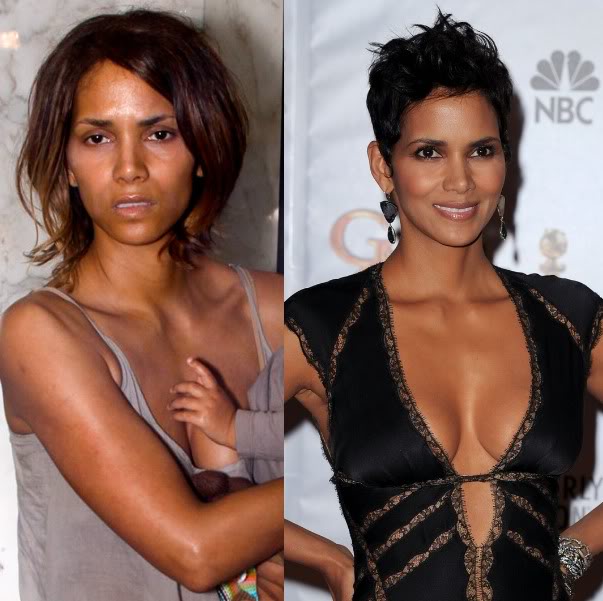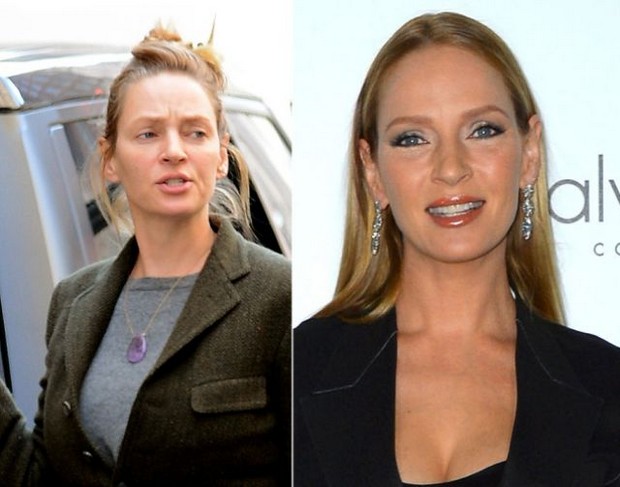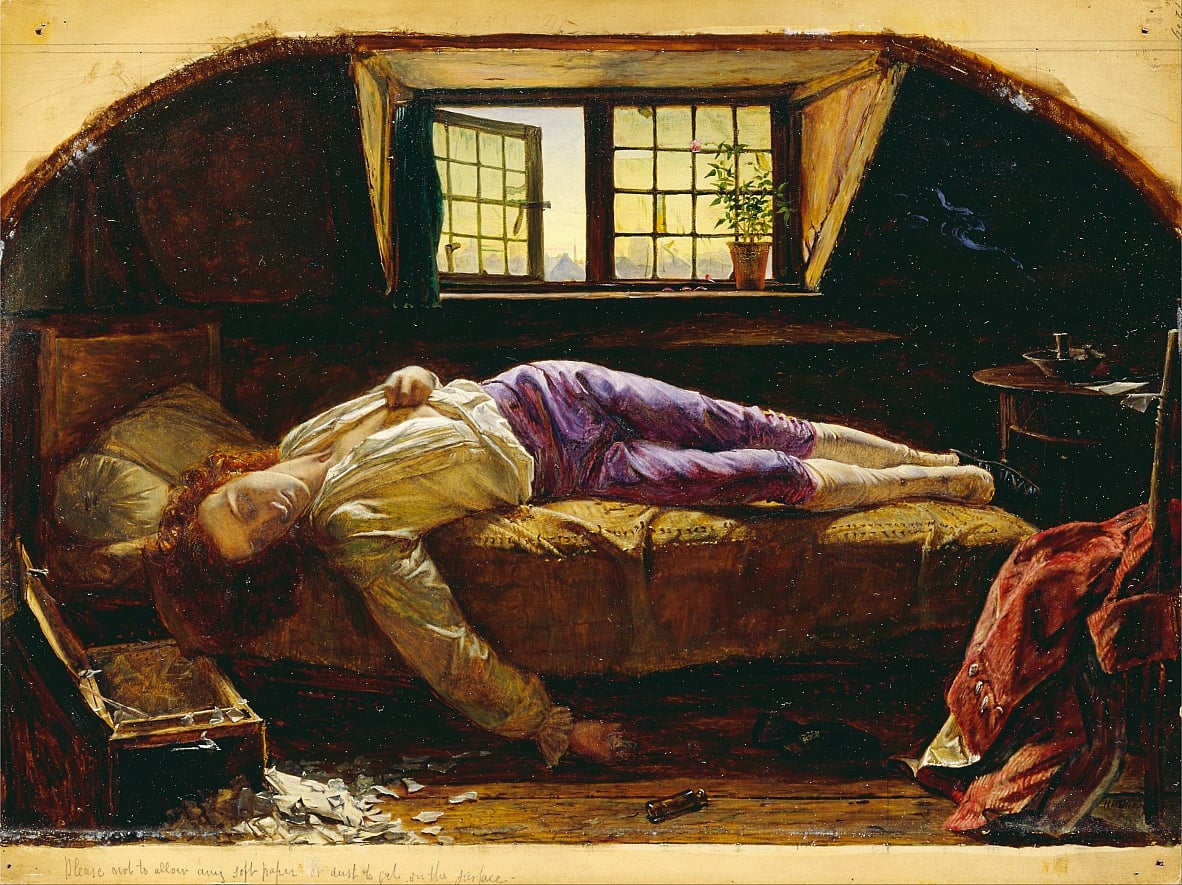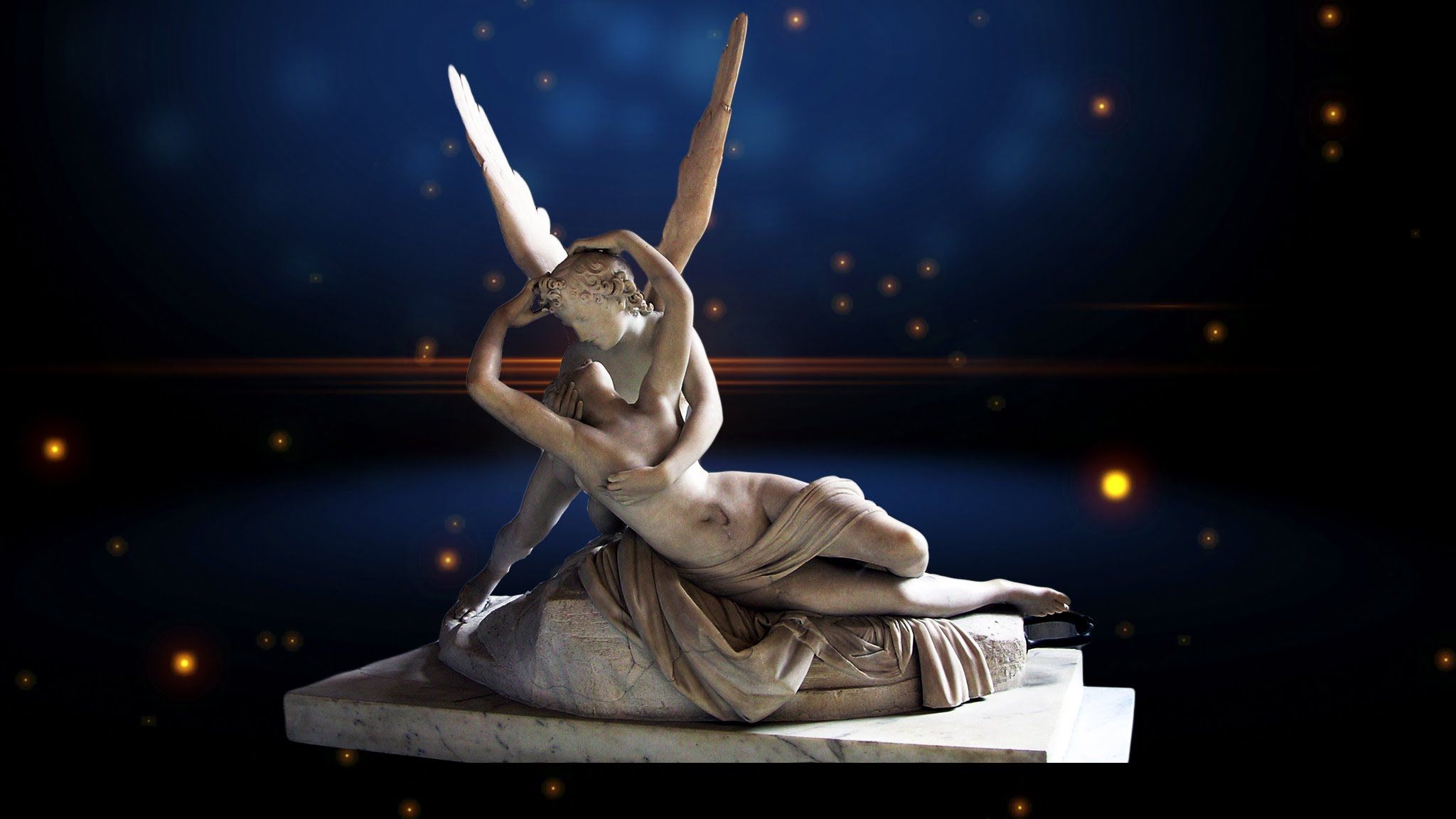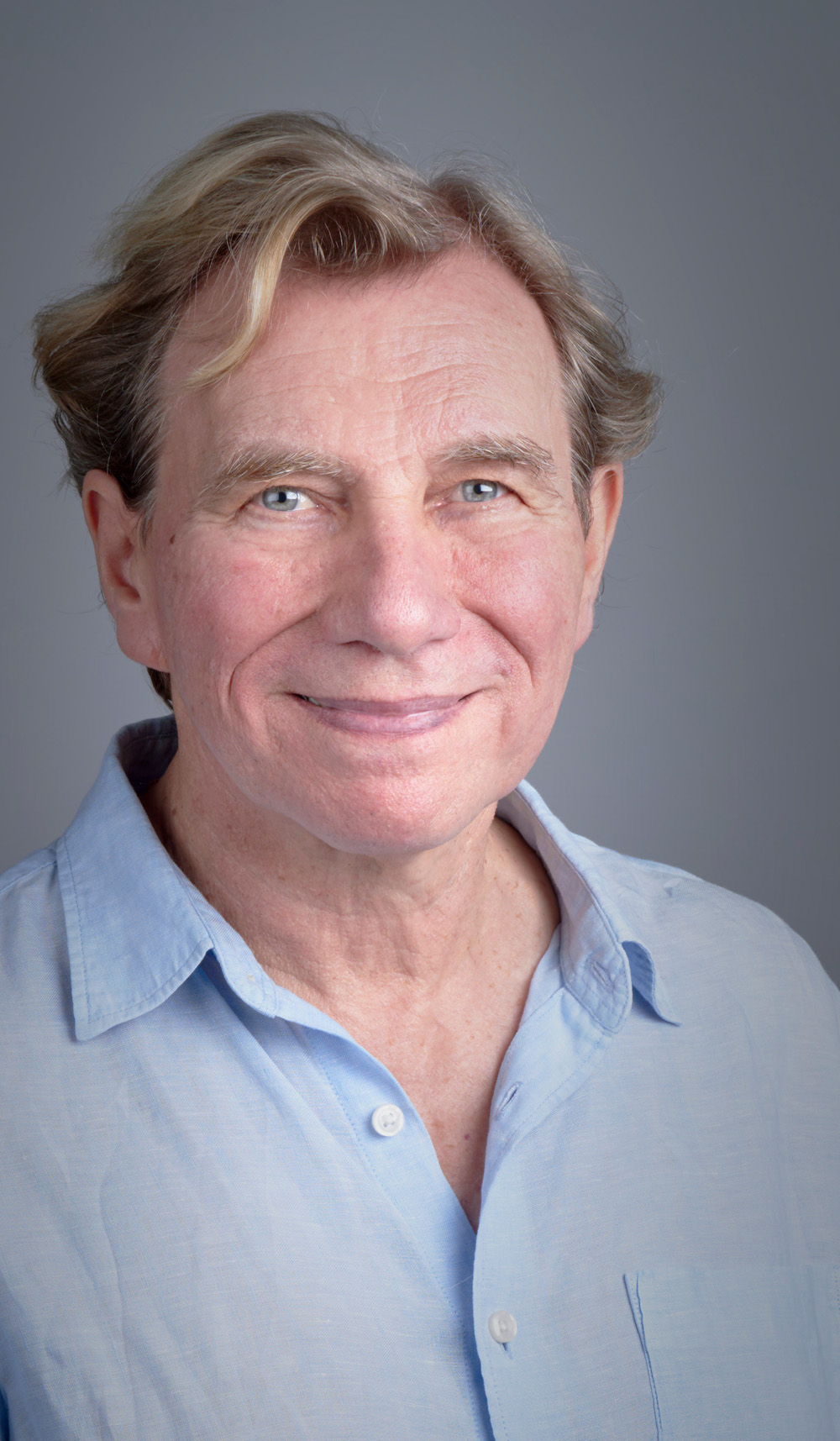For five year-old Nahla Berry, going to school in the morning is an ordeal.
It’s always stressful and sometimes frightening.
From their front door to the schoolyard, she and her mother are regularly harassed by photographers crowding around them and calling out their names. Nahla calls them simply ‘the men’.
Nahla’s mother is Hollywood actor, Halle Berry. She recently testified before the California State Assembly, supporting a bill to protect children like Nahla from the attention of paparazzi. I don’t fancy her chances in the land of the free. The photographers’ real target is the actor herself, of course. And the reason they follow Berry on the school run is to get a picture of her without makeup, looking as much as possible like – well – a real person. This is now a regular feature in supermarket magazines and a host of websites are dedicated to ‘shocking, nearly unrecognisable pictures of your favorite stars’.
What lies behind the bizarre public fascination with ‘stars without makeup’?
The obsession with ‘stars’ (actors and others who work in the public eye) has been around since at least the 1930s. They are treated like gods in ancient Greek mythology: powerful, beautiful, flawed creatures who act out our inner lives in a magnificent, neverending melodrama. Archetypes abound. The Good Mother. The Loveable Bad Boy.The Ice Queen. The Jealous Wife. The Strange One. (I leave you to fill in the names.) Hollywood stars are chimerical like the gods: despised one week; forgiven and embraced the next. Their bodies, too, seem to shrink and expand fantastically on a regular basis (if the cover of New Idea is to be believed.) It can be hard to remember that these are ordinary people, albeit with a very public way of earning a living.
‘Stars without makeup’ is a cruel refinement of this obsession. There’s an element of schadenfreude here. A bitter pleasure in seeing that the mighty have feet of clay – or at least, bags under their eyes and spots on their faces at times, just like everyone else.
There’s a curiosity about the ‘now you see it, now you don’t’ juxtaposition. It fascinates to see that glamorous creature from the Oscars out shopping in her tracky dacks. I’m reminded of a hologram card I had as a child, on which Superman flickered into dull Clark Kent then reverted to the superhero as you turned it back and forth. Intrusion into private lives is turned into a spectacle, a masque in which the mighty are brought down and thrown up again on a weekly cycle.
There is a sadder, more poignant aspect to this modern preoccupation. ‘This could be you . . .’ the pictures whisper. ‘You’re as good as they are.’ As with the strange manifestations of reality TV, a hollow aspirational message is conveyed that – given a chance – anyone can be famous (regardless of talent, hard work, or appearance). Look, the pictures say: these people aren’t that much different to you in the harsh light of day. You too can be a star.
It is, of all people, Karl Marx who suggests a partial explanation for this obsession. In a consumerist society, he argued, many of our natural attributes are alienated from us into products which we have to ‘buy back’. We no longer produce our own music, but buy it as MP4 files. Sexuality is ‘alienated’ as a natural attribute, and sold back, commodified through pornography or ‘sex toys’. Dignity is put on with a dress or a suit. With the right accessories. The right mobile phone. We feel incomplete without a panoply of products and brands which help to define us.
The unearthly standard of beauty in popular magazines reminds the lowly readers daily of their supposed inadequacy and the need to buy more. This is not simply due to the dynamics of capitalist society however. Like the urge to shop, this dissatisfaction only responds to a deeper, underlying anxiety about who we are. ‘Man is the only creature who refuses to be what he is,’ wrote Camus.
It is essentially human to be discontented with who we are and what we have. For all of us, nothing is ever quite good enough. We want more. We want newer. We want better.
‘Stars without makeup’ reflects this yearning. It reminds us in a very personal way of the spotted reality of our lives, and the icons of perfection to which we aspire in so many ways. Even urgings to ‘embrace the present’ ironically express the longing for a different life. This innate dissatisfaction – the constant desire for something better – can often be depressing to contemplate. At other times, though, it seems exciting – the root of all progress and improvement in society and ourselves. We are all stars without makeup.
